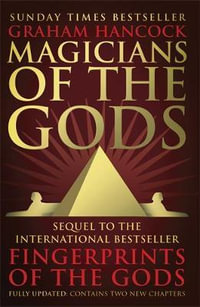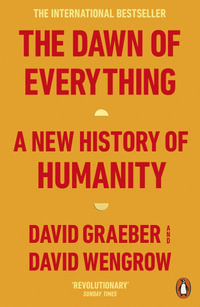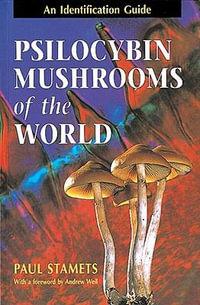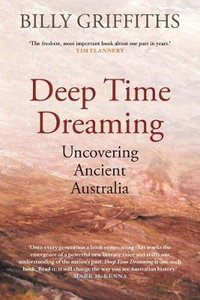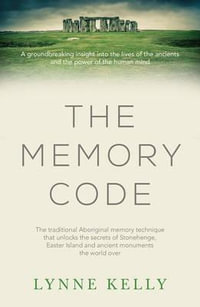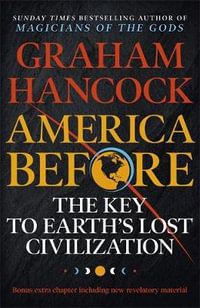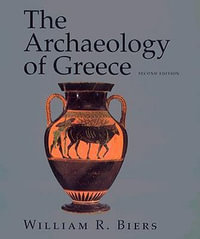As one of Africa's few democracies, Senegal has long been thought of as a leader of moral, political, and economic development on the continent. We tend to assume that any such nation has achieved favorable international standing due to its own merits. In Forensics of Capital, Michael Ralph upends this kind of conventional thinking, showing how Senegal's diplomatic standing was strategically forged in the colonial and postcolonial eras at key periods of its history and is today entirely contingent on the consensus of wealthy and influential nations and international lending agencies.
Ralph examines Senegal's crucial and pragmatic decisions related to its development and how they garnered international favor, decisions such as its opposition to Soviet involvement in African liberation-despite itself being a socialist state-or its support for the US-led war on terror-despite its population being predominately Muslim. He shows how such actions have given Senegal an inflated political and economic position and status as a highly credit-worthy nation even as its domestic economy has faltered. Exploring these and many other aspects of Senegal's political economy and its interface with the international community, Ralph demonstrates that the international reputation of any nation-not just Senegal-is based on deep structural biases.
Industry Reviews
"Forensics of Capital is a top-notch intervention into several fields, ranging from African studies to anthropology to economic history. It effortlessly takes the reader along for a ride on the tangled history that has led to the current sovereign state of Senegal. But part of its ambitious theoretical contribution lies precisely here: by employing a novel argument about 'forensic profiles,' Ralph ably shows that all nation-states have a similarly tangled emergence." (Gustav Peebles, New School)"

